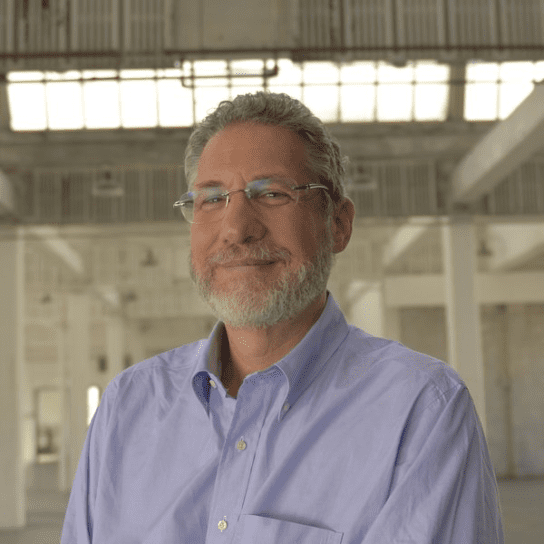Jonathan F.P. Rose Receives the 2021 ULI Prize for Visionaries in Urban Development
Jonathan F.P. Rose, cofounder and chairman of the Garrison Institute, has been announced as the winner of the 2021 ULI Prize for Visionaries in Urban Development from the Urban Land Institute. This prestigious award recognizes Rose’s work as the founder and president of Jonathan Rose Companies LLC (JRCo), a national mission-driven real estate development, planning and investment firm.
In ULI’s press release announcing his selection, Rose shared, “I am deeply honored to have been selected to join the previous distinguished laureates who have received this prize. The Urban Land Institute has long been the leading global force for best practices in real estate and community development. The planning and development of the right kind of communities are essential if we are to have a fair and just – and therefore, sustainable – society. Every element of opportunity, such as access to great schools, healthcare, good work and safety, is place-based. I hope that this award will help shed a light on the ways that we can build and rebuild communities of opportunity that are affordable, safe, green and socially just.”
The ULI Prize for Visionaries in Urban Development was established in 2000 through a gift by the Miller Nichols Charitable Foundation to the ULI Foundation. Recent winners have included former Washington, D.C. Mayor Anthony Williams; Chilean architect Alejandro Aravena; Chicago artist and urban planner Theaster Gates; Boston transportation entrepreneur Robin Chase; and Singaporean architect and urban planner Dr. Cheong Koon Hean. This year, Rose will be honored as the Prize laureate and will be a featured speaker at ULI’s Fall Meeting, which will be held in person and virtually in Chicago from October 11-14.
The Urban Land Institute is a nonprofit education and research institute supported by its members. Its mission is to shape the future of the built environment for transformative impact in communities worldwide. Established in 1936, the Institute has more than 45,000 members worldwide representing all aspects of land use and development disciplines.
